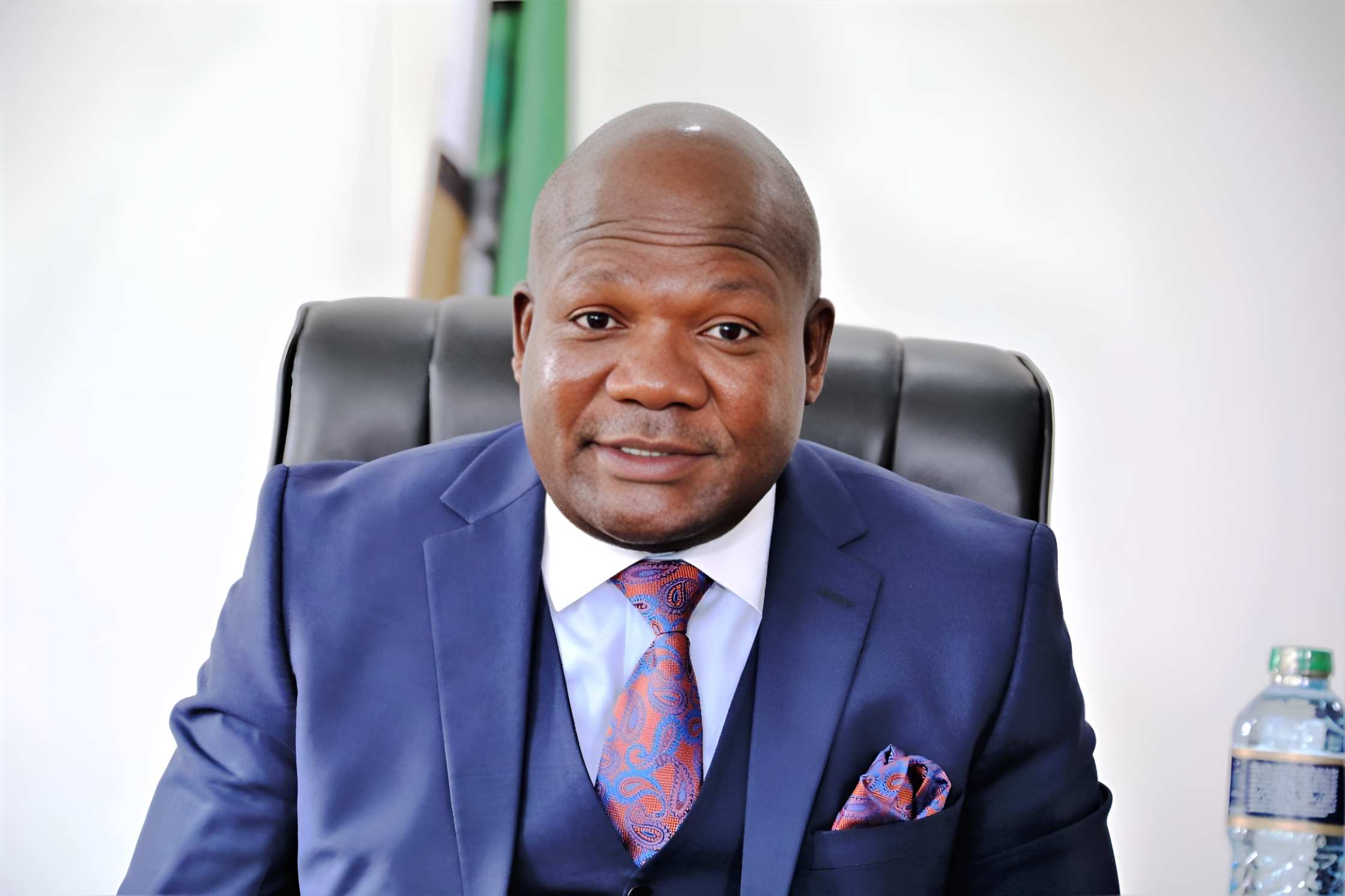A major budget standoff is looming between county governments and the national administration after the National Assembly approved Sh405 billion as equitable share for counties in the 2025–26 financial year, far below the Sh536 billion demanded by governors.
The Council of Governors (CoG) and the Commission on Revenue Allocation (CRA) have roundly rejected the proposal, insisting that the amount is not enough to support critical county functions and rising service demands.
The governors argue that inflation, new devolved responsibilities, and increased demand for services have not been factored into the allocation.
Speaking to the Senate on Tuesday, Kakamega Governor Fernandes Barasa, who chairs the CoG Finance Committee, called the figure unacceptable.
"We urge the Senate to review the resource allocation framework to align with the macroeconomic and growth trends," Barasa said.
Barasa warned that the Division of Revenue Bill had ignored the updated list of responsibilities for both national and county governments.
He also pointed out that while the national government’s share of revenue has steadily grown—by about Sh700 billion annually—the counties’ allocation has barely moved.
In a bid to reach a compromise, the Senate proposed Sh465 billion, but even this amount falls far short of what the governors insist is necessary for counties to run effectively.
The CRA, led by Mary Chebukati, had earlier recommended Sh417 billion. But this proposal was ignored by both the National Assembly and the Treasury, who are sticking to Sh405 billion.
Chebukati criticised the national government’s reasoning that certain funds serve national interest.
"The national interests can be implemented at any level of government based on the law of subsidiarity," she told senators.
Governors are warning that failure to resolve the dispute could trigger a prolonged mediation process, stalling budget approval and delaying crucial county services.
Barasa also raised concern about national government control over parastatals that carry out devolved functions.
He said these should be transferred to counties along with the resources to run them.
He revealed that some county obligations remain unfunded to the tune of Sh73 billion.
These include Sh4 billion for housing levy deductions, Sh6 billion in NSSF contributions, Sh11 billion for aggregation park matching funds, and Sh3.3 billion for Community Health Promoters.
Further strain comes from the national government retaining Sh29 billion for devolved roles such as reproductive health, vaccines, maternity services, and agriculture.
Makueni Governor Mutula Kilonzo Jr joined in the criticism, saying funds intended for counties were being channelled to politically driven projects by the national government.
"This is nothing short of a scandal," he said. "If these funds were given directly to counties, we could achieve far more without wasteful duplication."
He cited allocations for free maternity (Sh2 billion), vaccines (Sh2 billion), family planning commodities (Sh500 million), reproductive health (Sh1.8 billion), ASAL department projects (Sh2 billion), irrigation (Sh1 billion), agriculture subsidy (Sh14.5 billion), roads (Sh1 billion), and water (Sh435 million) as examples of resources that should be handled at the county level.

